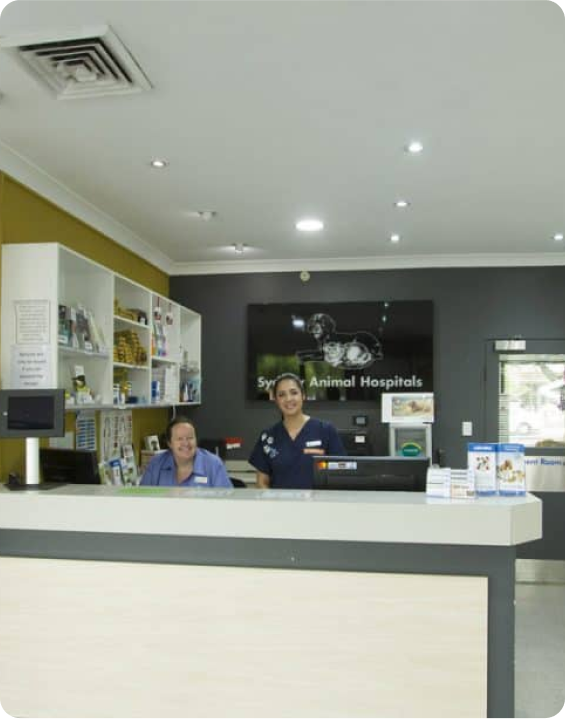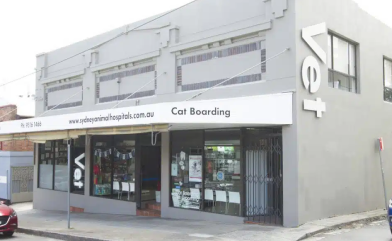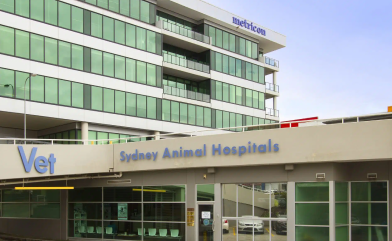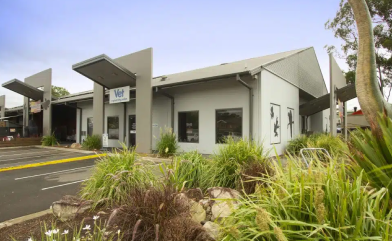Brachycephalic Obstructive Airway Syndrome (BOAS)
BOAS significantly impacts a dog’s comfort, energy levels, and overall well-being. At Sydney Bulldog Clinic, we offer precise surgical procedures to relieve airway obstructions, so your best friend can breathe freely and live a happier, healthier life.
Give your dog their breath – and life – back!
What Is BOAS in Dogs?
BOAS (Brachycephalic Obstructive Airway Syndrome) is a condition that affects dogs with short muzzles and flat faces. It’s the result of decades of selective breeding for the popular “flat-faced” or “pushed-in” look. Unfortunately, this has led to significant health issues, especially breathing difficulties, in breeds with this appearance.
The shortened skull shape typical of a brachycephalic dog causes an abnormal anatomy in the upper airways. These include narrowed nostrils, elongated soft palates, and excessive tissue around the larynx (in the throat) and within the nasal cavity. The trachea (windpipe) can also be very narrow.
Which Dogs Are Considered Brachycephalic Breeds?
BOAS affects almost all
brachycephalic dog breeds. The most notable ones are
Australian Bulldogs,
French
Bulldogs,
British
Bulldogs, and
Pugs. Other short-faced breeds include Boxers, Boston Terriers, Shih Tzus, Cavalier King Charles Spaniels, Mastiffs, and Cavoodles.
Signs of BOAS in Dogs
Dogs with BOAS will often exhibit one or more of the following symptoms:
- Loud, laboured or rapid breathing, especially during sleep or inactivity
- Snoring
- Snorting
- Gagging while eating
- Reverse sneezing
- Reduced ability to exercise/easily exhausted
- Overheating
- Trouble sleeping (sleep apnoea)
- Digestive problems, such as vomiting and regurgitation
- Cyanosis (bluish discolouration of the gums or tongue)
Dogs suffering from severe BOAS will require emergency veterinary treatment.
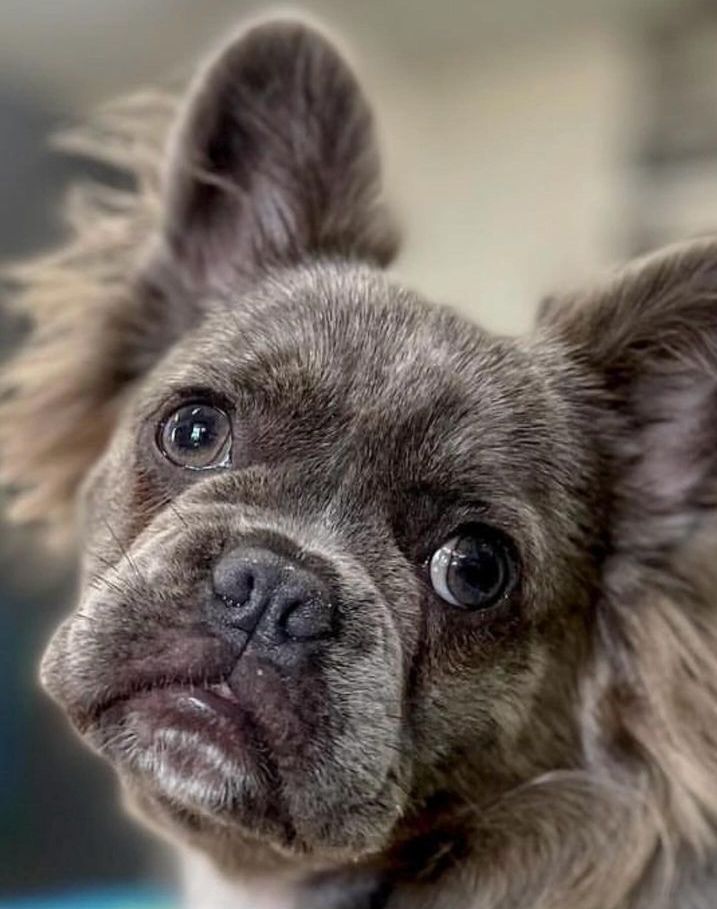
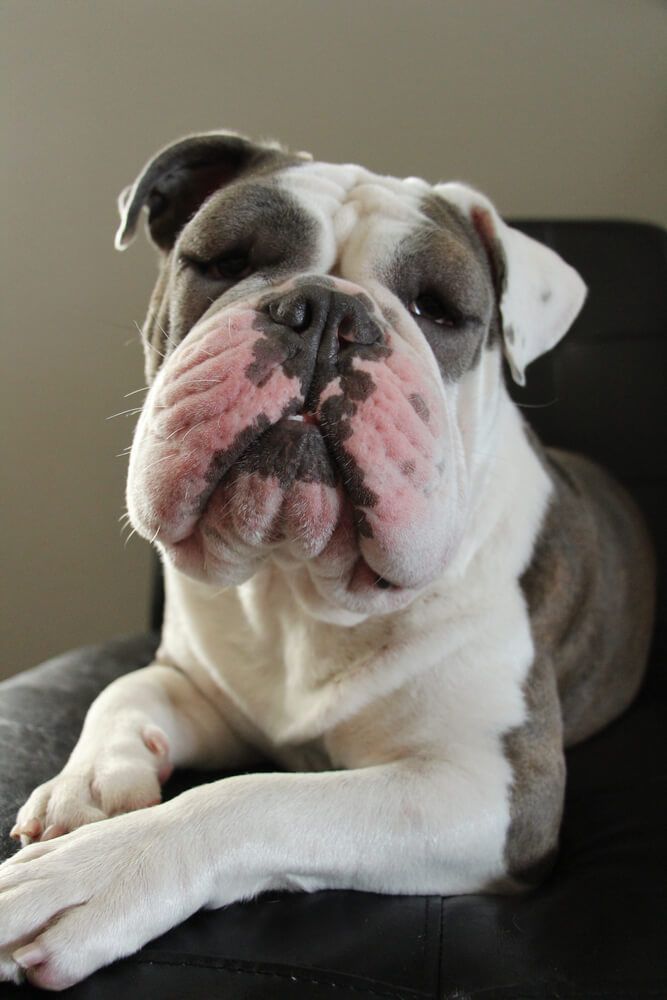
Benefits of Brachycephalic Obstructive Airway Syndrome Surgery
A surgical BOAS treatment offers life-changing improvements for affected dogs.
While some dogs may cope reasonably well without intervention, addressing airway issues at around 12 months of age can prevent serious complications as they get older. When performed early, BOAS surgery offers a 90% chance of moderate to significant improvement. While it may not entirely “cure” the condition, it substantially enhances airflow, reducing the strain on your dog’s respiratory system.
Airway corrective surgery is a straightforward and cost-effective procedure that allows dogs to be more active and playful. It can also alleviate or completely resolve problems like reflux and regurgitation, making it a beneficial step for the dog’s overall health.
Giving bulldogs and other brachycephalic breeds the gift of better breathing
What to Expect During and After a BOAS Procedure
There are 5 key steps to successfully performing BOAS surgery in dogs. They are:
- Widening the nostrils to improve airflow
- Shortening and thinning the soft palate
- Removing excessive tissue around the larynx or within the nasal cavity
- Removing laryngeal saccules (if present) that can block the airway
- Amputating and removing the tonsils in cases where they obstruct breathing
To ensure the highest level of safety, a veterinary anaesthetist is on hand to focus solely on your dog’s well-being under anaesthesia.
Most owners notice immediate improvements in their dog’s health and behaviour after surgery. This includes breathing easier with reduced snoring or gasping sounds, increased energy levels and playfulness, and fewer digestive issues.
Most dogs recover fully within 2-3 weeks. During this time, you’ll need to monitor their activity and follow any dietary or medication instructions from your vet.
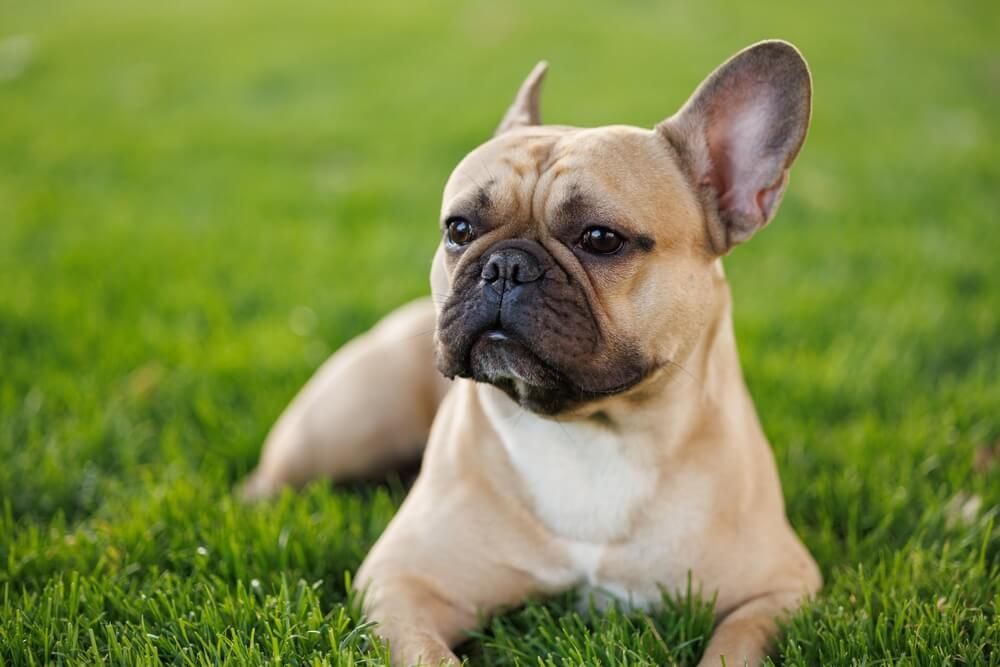
Choose Sydney Bulldog Clinic for Bulldog BOAS Surgery Care and Rehabilitation
The professionals in brachycephalic dog breeds
Using state-of-the-art veterinary tools and technology, Sydney Bulldog Clinic offers advanced solutions to help your dog breathe easier. Our skilled veterinarians focus on diagnosing and treating breathing issues unique to bulldogs and similar breeds, ensuring your best friend is in trusted hands.
We prioritise your dog’s comfort by creating a stress-free environment that puts their well-being first, and we customise every stage of care to meet their specific needs.
Our brachycephalic breed services, such as bulldog airway surgery, are offered at our usual Sydney Animal Hospitals clinics. See specific clinic addresses and details below.
7 Services Animal Hospital Locations Across Sydney
Sydney Animal Hospitals have 7 locations across Sydney for your convenience
FAQs
What Is BOAS?
BOAS is a breathing condition seen in “flat-faced” dogs like bulldogs and pugs as a result of selective breeding. Anatomical issues include narrowed nostrils, elongated soft palates, and excess tissue around the larynx and nasal cavity, making breathing hard for affected dogs.
What Are Common BOAS Symptoms in Dogs?
Common signs of BOAS include noisy, laboured, or rapid breathing, snoring and snorting, gagging while eating, reduced exercise tolerance, overheating, difficulty sleeping, and digestive issues like vomiting or regurgitation.
How Are Bulldog Breathing Problems Diagnosed?
Breathing problems like BOAS are typically diagnosed by a thorough physical examination and a detailed history provided by the owner. Your vet will assess your dog’s breathing, exercise habits, and any noises made during rest or activity. In some cases, additional tests such as X-rays, CT scans, or an endoscopy may be recommended to understand the extent of the condition better.
How is BOAS in Bulldogs Treated?
If BOAS is significantly affecting your dog’s quality of life, surgery is advised. The consulting surgeon will discuss the risks and determine if your dog is a suitable candidate. Untreated BOAS can lead to severe breathing difficulties, heat stroke, collapse, chronic fatigue, and even life-threatening complications like respiratory failure.
Is BOAS Surgery Safe?
While all surgical procedures carry risks, BOAS surgery is considered safe when performed by a skilled veterinary surgeon.
How Much Does BOAS Surgery Cost?
At Sydney Bulldog Clinic, BOAS surgery has a fixed price of $4,500
Experienced veterinary care for Brachycephalic Breeds at Sydney Bulldog Clinics
At Sydney Bulldog Clinics we provide experienced veterinary care and proactive measures, including obstructive airway corrective surgery, to ensure the well-being of your beloved pet.
Brought to you by Sydney Animal Hospitals


